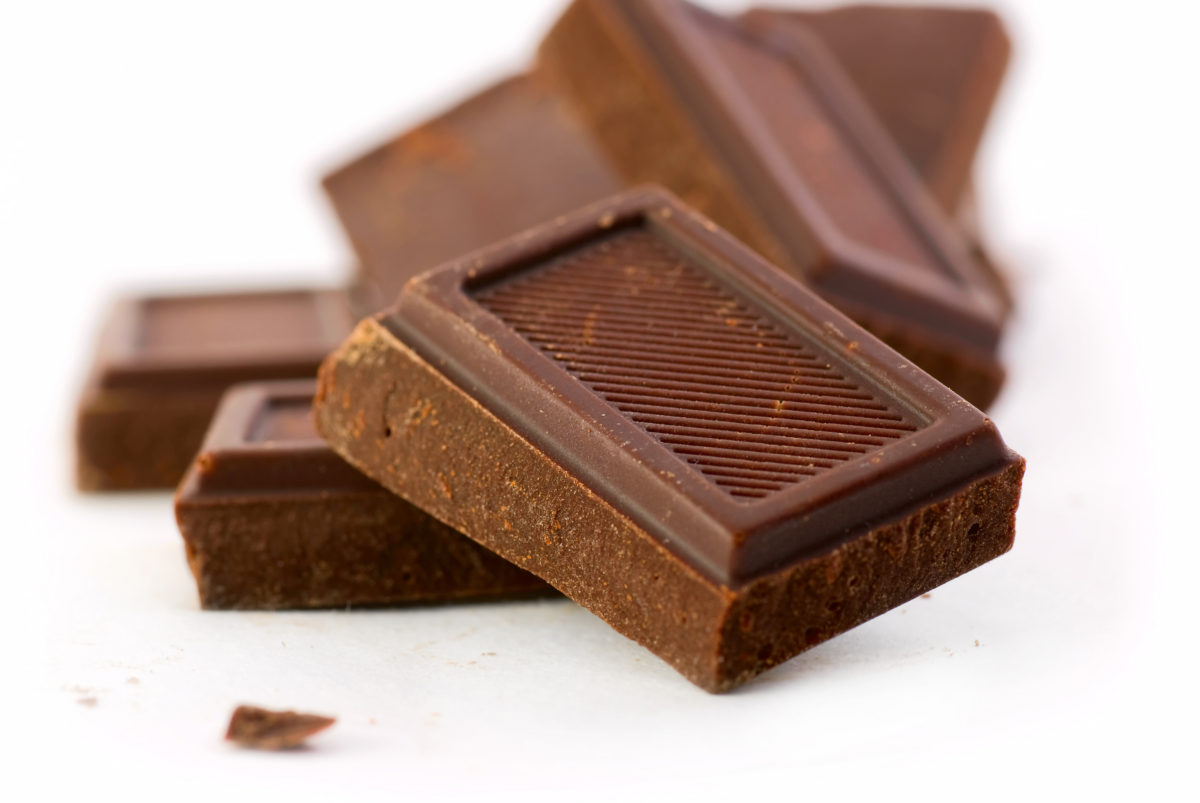Chocolate is one of nature’s most powerful super foods. In its natural form, it contains a wide variety of minerals, vitamins and antioxidant flavonoids that offer great health benefits. But the benefits of chocolate are generally reversed when milk, cholesterol from milk solids, and/or an enormous amount of refined sugar are added. Cocoa is naturally bitter in flavor so chocolate bars require a lot of sweetening. When cocoa is cooked, it becomes even more bitter.
The Study
According to a new study published by Columbia University Medical, a concentrated cocoa drink that contains plant compounds called flavanols (a subclass of flavonoids) seems to have a positive impact on reversing the impact of aging on the memory.
In their research, the team tested 37 healthy volunteers aged 50 to 69 who either drank a high-flavanol diet (900 mg of flavanols a day) or a low-flavanol diet (10 mg of flavanols a day) for three months. Everyone received functional magnetic resonance imaging (fMRI) scans along with a memory test at the beginning, and again after the three months.
The results of the study, published in the journal Nature Neuroscience, was led by Dr. Scott Small. “If a participant had the memory of a typical 60-year-old at the beginning of the study, after three months that person on average had the memory of a typical 30- or 40-year-old,” stated Dr. Small. In addition, the flavanols that appear to aid in memory health can also support a healthy heart. “This very small trial highlights some possible effects of flavanols found in cocoa beans over a short time period, but we’d need to see much longer, large-scale studies to fully understand whether a diet high in these flavanols could boost cognition in old age,” said Dr. Simon Ridley, Head of Research at Alzheimer’s Research UK.
Cocoa Health Benefits
Chocolate in its natural form (without the additives) includes essential minerals such as magnesium, calcium, iron and zinc, as well as the Vitamins A, B1, B2, B3, C, E and pantothenic acid. In addition, it has polyphenols similar to those found in wine that offer excellent antioxidant protection. These beneficial antioxidants increase circulation to the brain and heart, improving healthy blood flow. They also help to reduce the blood’s clotting function, potentially decreasing your risk of blood and cardiovascular related health issues. Together, these agents help improve various areas of health such as circulation, energy and mood. Flavonols appear to be the substances in cocoa that are responsible for boosting heart health and keeping blood pressure in the normal range. These substances appear to improve the bioavailability of nitric oxide from the cells that line the inner wall of blood vessels:
Cocoa may increase blood flow to the brain, according to new research published in the Neuropsychiatric Disease and Treatment journal. The researchers suggest that long-term improvements in brain blood flow could impact cognitive behavior, offering future potential research into a healthy aging brain, increased memory and lowering risk for debilitating events. In a scientific study of healthy, older adults ages 59 to 83, Harvard medical scientists found that study participants who regularly drank a cocoa flavonol-rich beverage had an eight percent increase in brain blood flow after one week, and 10 percent increase after two weeks. In this first-of-its-kind study, the researchers found both short and long-term benefits of cocoa flavonols for brain blood flow, offering future potential for the one in seven older Americans. Scientists speculate that maintaining an increased blood flow to the brain could slow this cognitive decline.
Do you currently use Cocoa in your daily diet? Leave us a comment to share the health benefits you’ve seen on your body!






